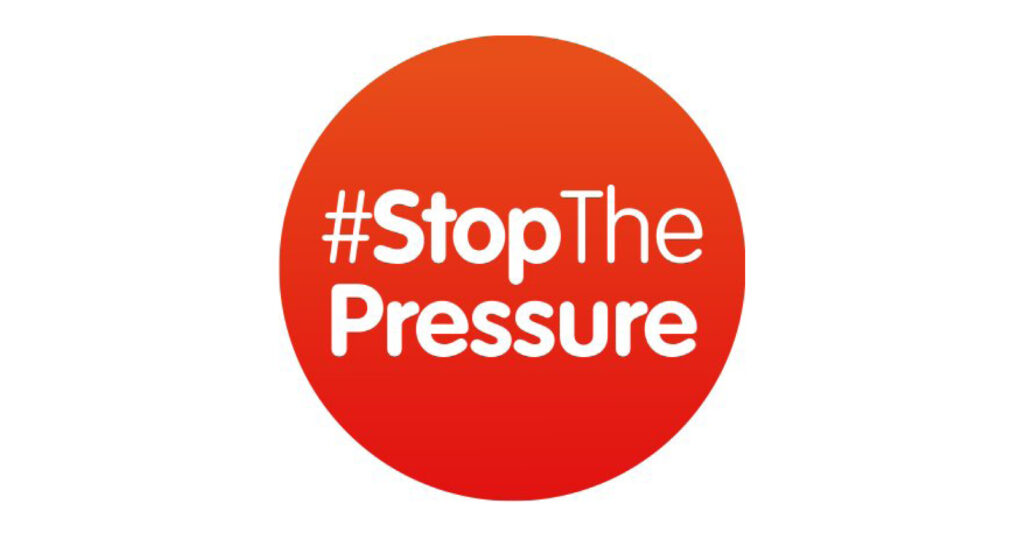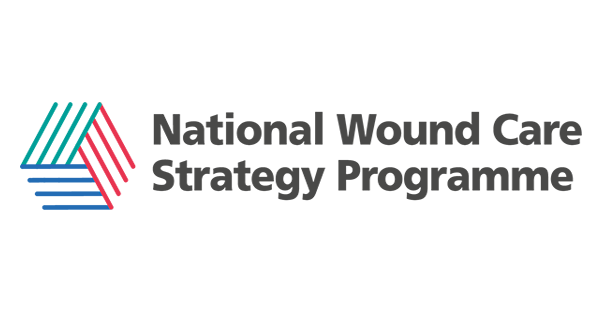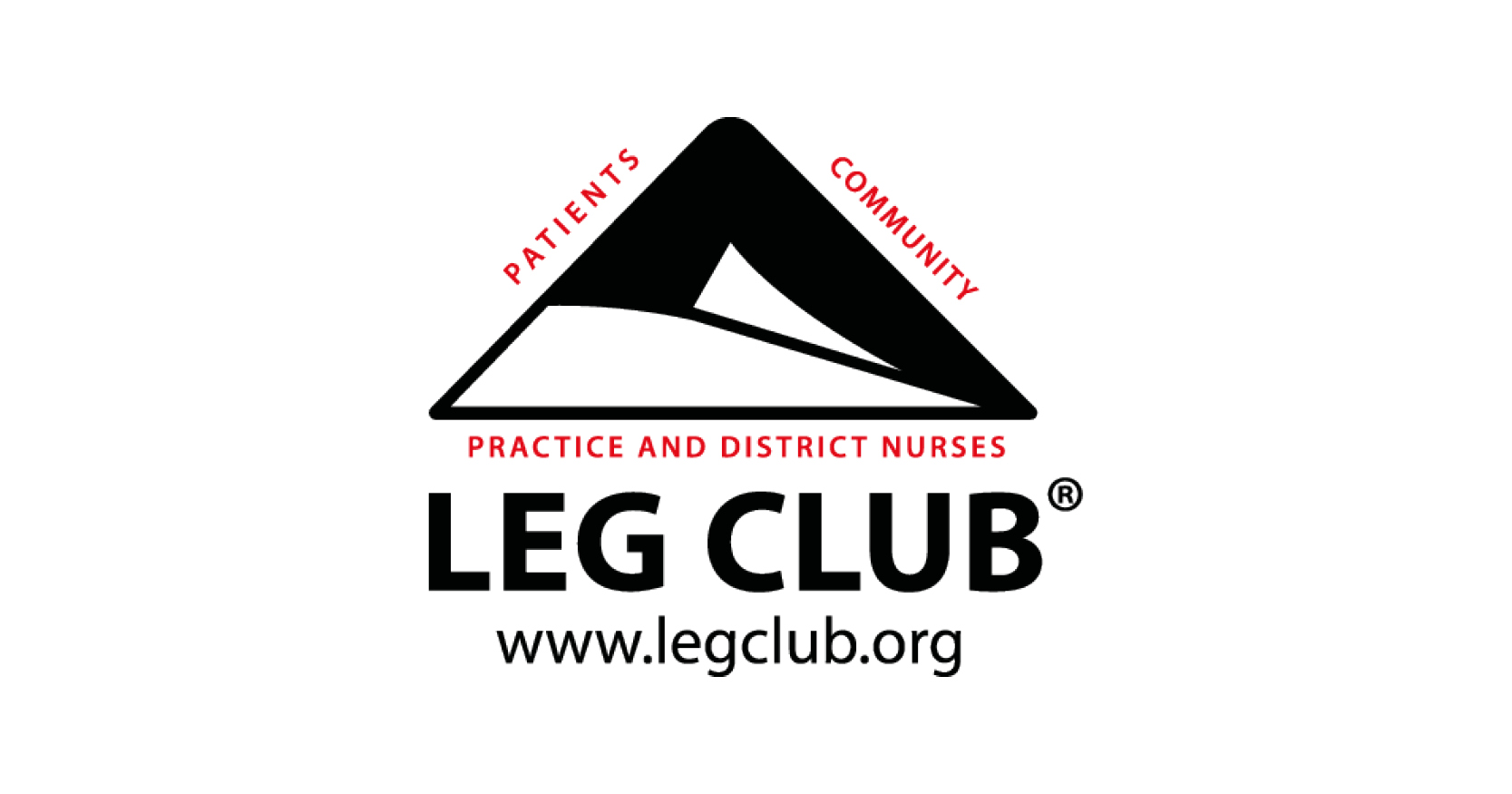International Stop the Pressure Day is on Thursday 16 November this year and once again the #4nations of the UK are all working together to ensure we have a really engaging set of activities all focussed around #everycontactcounts.
These activities are supported and endorsed by the Society of Tissue Viability (STV) and the Stop the Pressure Programme/National Wound Care Strategy Programme (NWCSP) and the National Tissue Viability groups from Scotland, Wales and Northern Ireland, and, it is hoped will be used by clinical teams across the four countries.
Our theme this year is really important as it allows us to focus on so many aspects, we see it as:
- Every contact with a clinician, healthcare professional, carer, patient/client can help prevent pressure ulcers
- Every contact with a bed, chair or other surface can help prevent pressure ulcers
- Every contact with leaders in healthcare can help prevent pressure ulcers
- Every contact on social media or traditional media can help prevent pressure ulcers.
We want everyone to think about all of these elements. Who is seeing your patients/clients? Did you know that one acute trust identified that of the 2607 patients admitted to the service with an existing pressure ulcer, only 25% were known to the community nursing teams (unpublished data, 2022). Who else had been in contact with these individuals? What could they have done to recognise risk and maybe prevent those pressure ulcers? Did the patient have a fall and see a paramedic but get left in their home as they ‘were not hurt’? Was that a missed opportunity? Maybe have a look Schroder and Downie (2021) on paramedics and pressure ulcer risk. Do they have social carers or family members and neighbours looking after them? Who else needs to be involved?
Let’s not forget the contacts we and our patients have with industry. This year we are acknowledging the contribution our colleagues in industry play in their wider roles supporting healthcare colleagues, delivering education, supporting audits, raising awareness and giving their time as honorary members of clinical staff. We must thank 3M, Accora, Arjo, Drive Devilbiss, Gel Ovations, HC Solutions, H & R Healthcare, Medstrom, Mesi Medical, Rocialle, Smith + Nephew and Talarmade who are all supporting the 2023 pressure ulcer prevention campaign.
What is your patient’s body in contact with? We always think about beds, mattresses, cushions and chairs, but what about all those devices that get forgotten, catheters, toilets, commodes — there is a great article about pressure ulcers from sitting on the toilet by Lustig et al (2018) — those little foot stools that people rest their heels on, plaster of paris, shoes, slippers, buttons on clothing. The list is endless. One of the things that differentiates a medical device from a device (like your computer or TV) is they are intentionally placed in contact with the patient, they are put there for a purpose. However, in placing them we acknowledge that we are placing the patient at an additional risk and should always be thinking about how we and they manage that. There is some really helpful guidance on the Stop the Pressure You Tube channel and more detail in the International consensus document from Gefen et al (2022) on devices.
How can we ensure that every contact with our ageing population counts? What are the really important messages we need to embed? We will be sharing some useful facts and figures as part of our social media campaign that you may find helpful for this.
Finally, how can you help us to make this a media/social media storm? Are you a fan of X/Twitter, a wizz on LinkedIn or a Tic Tock Influencer, are you a blogger a vlogger or a podcaster? If so please share our resources – and more importantly share whatever fabulous things you are doing (you could win our fabulous prize – https://societyoftissueviability.org/community/stop-the-pressure-2023/quizzes-competitions/). Make sure you have the Stop the Pressure/Every Contact Counts logos clearly visible in your posts and don’t forget to use the #Stopthepressure #everycontactcounts.
If, like us, you love an acronym, these are the short messages we will be using this year and there will be resources for each of these letters.
Please feel free to use these in your education and any resources that you develop. We will of course be producing the usual red dots and lozenges to support these messages (see examples at the end).
We will be running events and activities across the whole week around these messages including:
- A full social media campaign
- Two webinars, one focussed on paediatrics and one on spinal injuries
- Digital assets including some short videos and podcasts
- Graphics for using in email signatures and on selfie boards
- A series of posters
- Competitions and quizzes (including of course the wordsearch that challenged so many of you last year
- A message from the Chief Nursing Officer from each of the four countries
- Two free educational events
- Fundamentals of pressure ulcer care
- Advanced pressure ulcer prevention and management
All the resources developed will be freely available, many prior to, and all during and after the day so they can be used by anyone across the UK to build into their educational or awareness strategies, they will be free to access and available on both the Society of Tissue Viability and NWCSP web sites and also on the Society of Tissue Viability and Stop the Pressure You Tube channels:
https://www.youtube.com/channel/UCvRSmJ9Amzrg-yFSinOBACw
https://www.youtube.com/channel/UC0AJoyu_5kZxO1aOTItK7WA
We will be updating our timetable of activity on a regular basis, you can find the details here: https://societyoftissueviability.org/community/stop-the-pressure-2023/
It is important that we have a strong message for this awareness day, whilst we also see a lot of people having great fun – baking cakes, being superheroes, playing games, the prevention of pressure ulcers remains a fundamental activity in health and social care and the underlying purpose of the day is to increase awareness.
There are still too many people developing pressure ulcers – across all care settings and all age groups and the early identification of risk and crucially the planning and implementation of appropriate prevention is the only way we can begin to bring those numbers down and reduce significant patient harm.
It would be great to receive any feedback you have on the resources particularly about how you used them and if you measured their impact in anyway.
So remember, it’s the big day on the 16th November, we look forward to seeing you all on social media, don’t forget to use the hashtags #stopthepressure #4nations and #everycontactcounts as much as you can!





